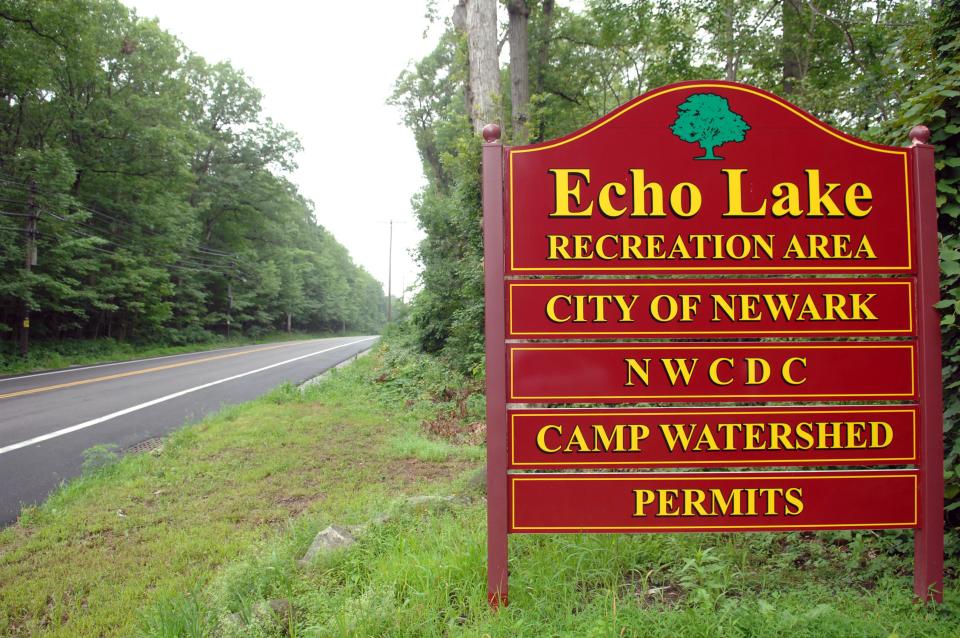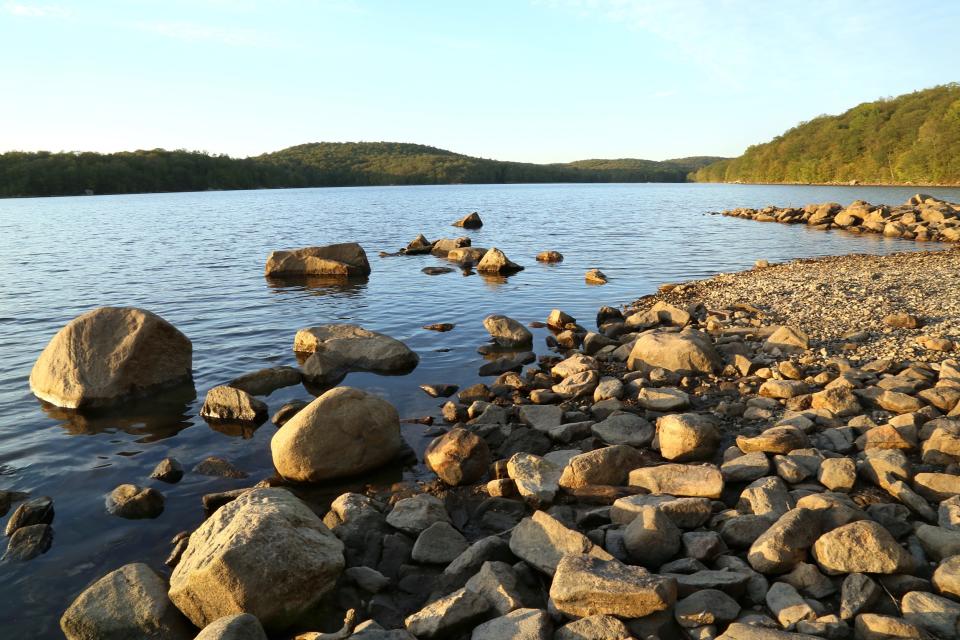West Milford wins case that would have sent $11M to Newark in tax refunds. What happened
A recent state tax court decision has affirmed West Milford's valuation of Newark's watershed properties, saving the Passaic County town from having to refund the city millions of dollars.
The decision on a series of tax appeals set the tax assessment on approximately 16,485 acres of Newark-owned property in the township at nearly $49.9 million, up from a pre-litigation value of $24.7 million, records show.
Attorney Fred Semrau, who represented West Milford in court, said that while Newark maintained the forested watershed land was essentially undevelopable, the township's stance was that the property had latent value.
"There is a market for this property," Semrau said. "There is a value, and it's open space. It's obvious to all of us, but the court has never recognized that before."

Newark's legal experts had long valued the land at closer to $2.5 million, court records show. Newark charges the public to access the property by selling permits for fishing, boating, hiking, hunting and horseback riding. The city also runs a summer camp on the property for children called Camp Watershed. Still, the site holds few structures or infrastructure.
The land − covering nearly 26 square miles, or roughly one third of West Milford − is essentially undeveloped. Its primary purpose is to channel fresh rainfall and snowmelt to Newark's Northern Highlands reservoirs: Oak Ridge, Echo Lake, Clinton, Charlottesburg and Canistear.
Outside of West Milford, the city owns roughly 29 additional square miles in the region. Most are in neighboring Vernon and Jefferson townships. All feed water to residents in Newark and some surrounding towns.
Why Newark and West Milford went to court
The recent court case, decided earlier this month, revolved around a series of tax appeals from 2014 to 2021. West Milford argued that the site was being underutilized by the city. The land, the town said, could be used for passive recreation and commercial timber harvesting and should be valued as such. Conservation groups and agencies could be interested in buying the property, West Milford added.
Newark officials had for years said there was no use or market for their property, due its lack of development potential. The site is covered by a state moratorium on watershed development dating to 1988 that prohibits the transfer of such acreage for residential or commercial development. The site also lies in the most strictly regulated part of New Jersey's Highlands Region, leaving Newark little in the way of development rights. Those were bought by the state in the 1990s and 2000s for preservation assurances.

Decades earlier, in the mid-1970s, city officials proposed building 5,280 housing units, industry and recreational facilities in the watershed to compensate for what was a $1.5 million annual tax bill for its watershed holdings. The threat spurred local officials to urge the state to buy the land's development rights from Newark. City officials proposed several more projects into the 21st century. Each was countered by a state purchase of development rights, bringing millions in revenue into Newark and helping it defend a low valuation for the land in tax court.
The most recent court decision sets the property's value in West Milford at more than $3,020 an acre, which amounts to roughly $2 million in annual property tax to the township, the local school district and the county government.
What's it mean for taxes?
However, it only secures revenue the township has been taking in for years, officials said. In 2014, town officials began levying an increased property tax assessment on Newark. The assessment increased over the years to the current rate of $3,026 per acre.
Newark had been paying the town's higher valuation, but was doing so under appeal in state tax court. If Newark won, West Milford would have had to pay it a property tax refund of approximately $11 million, according to Semrau. Mayor Michele Dale, a former councilwoman, said it was worth the fight.
More: West Milford switches to full-time mayor despite opposition
"We have gone after Newark in the past, and we weren't successful, but we knew the land has a value," Dale said.
Township officials also recently announced a new assessment for the site of the controversial Tennessee Gas Pipeline Co. compressor station project near the Monksville Reservoir. The site off Burnt Meadow Road has been developed as part of the company's $246 million East 300 Upgrade Project designed to pump more natural gas through New Jersey and into New York State.
Assessed at the start of the year at about $3.5 million, the property will be valued at nearly $11.5 million going forward, officials said. The increase adds $312,183 to the municipal tax revenue for 2024, officials said.
This article originally appeared on NorthJersey.com: West Milford prevails over Newark in $11 million tax appeal case

